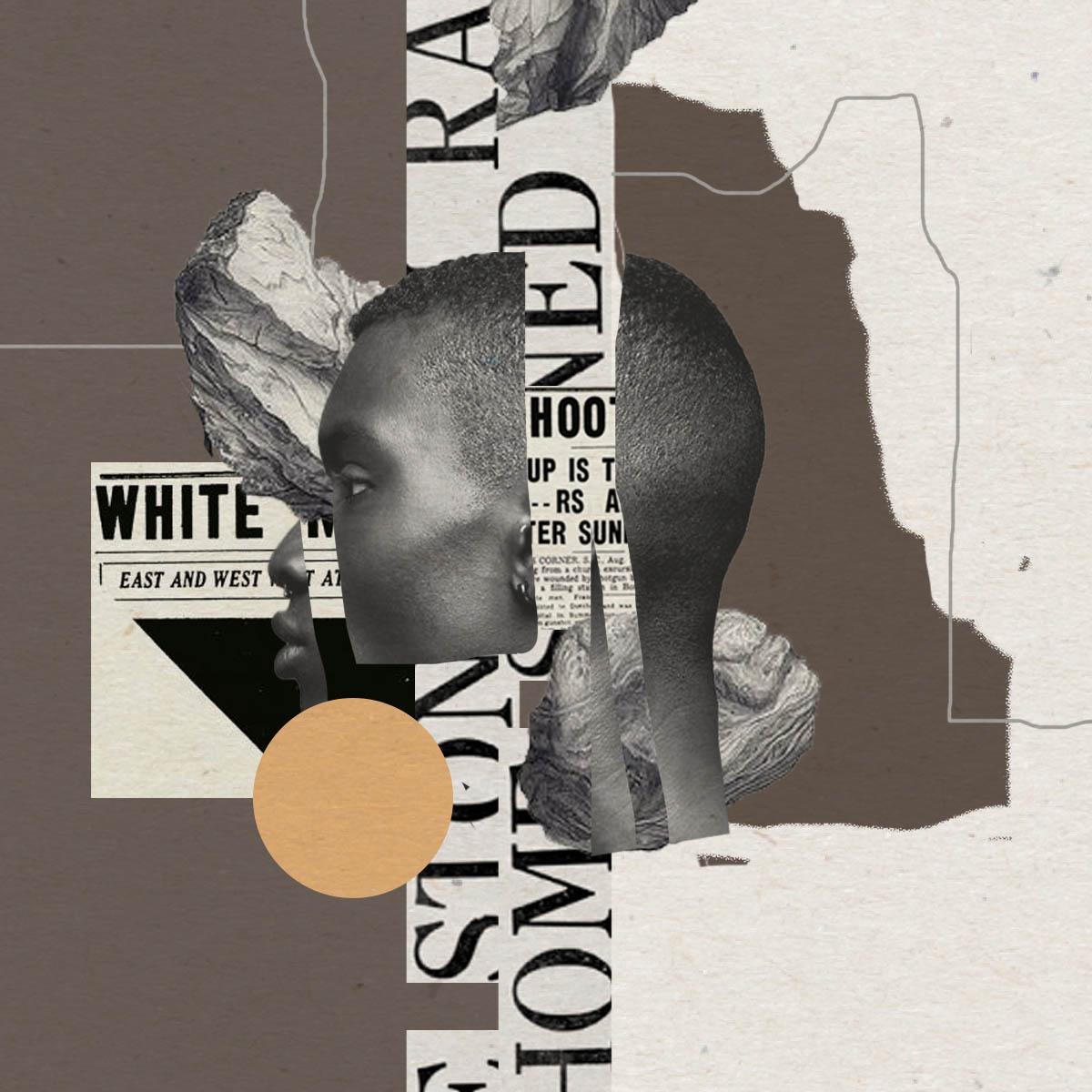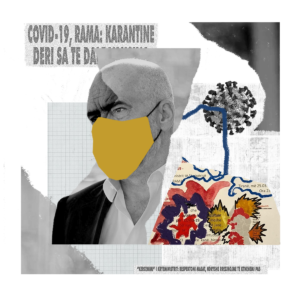“Our histories never unfold in isolation. We cannot truly tell what we consider to be our own histories without knowing the other stories. And often we discover that those other stories are actually our own stories.”
— Angela Y. Davis, Freedom Is a Constant Struggle
Anti-Black Racism: From Chattel Slavery to Police and Prisons
“Our understandings of resistance to contemporary modes of racist violence should thus be sufficiently capacious to acknowledge the embeddedness of historical violence—of settler colonial violence against Native Americans and of the violence of slavery inflicted on Africans. Our work today is evidence of the unfinished status of planetary struggles for equality, justice, and freedom.”
In my travels I have noticed that the image the United States projects to the world is very different from my lived reality. Many people believe that it is the land of opportunity, the place where anyone can achieve the so-called American Dream. But as Black American author James Baldwin wrote: “The Negros of this country may never be able to rise to power, but they are very well placed indeed to precipitate chaos and ring down the curtain on the American dream. This has everything to do, of course, with the nature of that dream and with the fact that we Americans, of whatever color, do not dare examine it and are far from having made it a reality.”
Baldwin speaks of America’s violent and exploitative history and present. The United States of America was founded on the genocide of indigenous people in order to claim the land for European colonies. Later, as the first Africans were violently taken from their lands and forcibly brought to the United States, beginning in 1619, the United State’s economy grew as a result of the unpaid labor of enslaved Africans. To understand anti-Black racism in the United States, it is important to understand this context.
Throughout history white supremacy has persisted in US society. Anti-Black racism is one manifestation of this ideology. Present-day racism is not only reflected in individual attitudes toward Black people, it is also enshrined in our society’s institutions. One needs only to look at systems of policing and imprisonment to see this. This summer, cities and towns across the United States, and the world over, erupted in protest in response to the murder of George Floyd by a Minneapolis police officer. Floyd’s murder is part of a long and painful history of police brutality against Black people in the United States.
The Black Lives Matter Movement began in 2013 after the courts acquitted the man who murdered Trayvon Martin after he shot and killed the unarmed Black teen. The movement is decentralized for the most part and has no official leadership. I joined the movement while I was in college in 2014 after two black men in two different parts of the country were murdered by police officers.
Say Their Names: Michael Brown, Eric Garner, Breonna Taylor, Ahmaud Arbery, George Floyd…
This summer, new protests erupted under the Black Lives Matter banner in response to the murder of George Floyd by a Minneapolis police officer. Antiracist activists like myself have urgently called for the abolition of prisons and the defunding of police in the United States. We believe these institutions are primarily designed to favor the white and wealthy while subjecting the poor and people of color to unfair treatment. The root causes of crime in our society come from poverty so it is important for the state to divest from punitive measures and invest in health care, education, food security, and housing. When we begin investing in the well-being of the most marginalized members of our society, we will truly transform society.
Racial Capitalism in the COVID-19 Era
“Those who believe that the president or the vice-president and the congress and the supreme court run this country are sadly mistaken. The almighty dollar is king; those who have the most money control the country and, through campaign contributions, buy and sell presidents, congressmen, and judges, the ones who pass the laws and enforce the laws that benefit their benefactors. The rich have always used racism to maintain power.”
The United States was founded on the genocide of indigenous people and the enslavement of African people. This has produced racial capitalism, which Black revolutionary Huey P. Newton explains eloquently in his book To Die for the People: “We are aware that many of us are the descendants of those who were dispossessed of their lands to permit capitalism to flourish. We are aware that many of us are the descendants of those who were captured and enslaved so that their labor could build the wealth of this nation. But we are also aware that the capitalist used the philosophy of racism to support their wicked oppression. Through the philosophy of racism, people in this country have been taught that some citizens are better than others because of differences in physical and social characteristics, and therefore have a right to exploit the other.”
Racism—and all forms of exploitation and discrimation—is deeply linked and defined by capitalism.
After the election of Barack Obama many believed that the United States entered into a new “post-racial” moment. This perception was unconsciously informed by “capitalist individualism.” Angela Davis cautions that this mentality can be detrimental to progressive movements, writing: “Progressive struggles—whether they are focused on racism, repression, poverty, or other issues—are doomed to fail if they do not also attempt to develop a consciousness of the insidious promotion of capitalist individualism… It is essential to resist the depiction of history as the work of heroic individuals in order for people today to recognize their potential agency as a part of an ever-expanding community of struggle.”
This quote from Davis reminds us that Barack Obama did not end racism. The fight for the eradication of racism entails the end of capitalism and the transformation of society collectively. The realities of racial capitalism have become increasingly evident through the impact of the global pandemic. In the United States, Black, Latinx, and Native American people are four times more likely to be hospitalized for COVID19. This is the result of racial inequality that structures access to employment, housing, and health care. Meanwhile the rich continue to profit off of the pandemic and the US government provides little support for society’s most vulnerable citizens. Through mutual aid, local activists and organizers are trying to fill the gap and provide for their communities.
Smash Racism! Building Transnational Solidarity
“You do not have to be me in order for us to fight alongside each other. I do not have to be you to recognize that our wars are the same. What we must do is commit ourselves to some future that can include each other and to work toward that future with the particular strengths of our individual identities. And in order to do this, we must allow each other our differences at the same time as we recognize our sameness.”
As a Black woman, I was humbled by the global show of solidarity with the ongoing Black American struggle. Yet this summer’s uprisings also show that Black and Brown people have still not achieved full liberation in a country that claims to be “the land of the free.” Between the recent antiracist uprisings and the current global pandemic, it is clear that the strength of our movement requires mass solidarity. How can we support each other in our fight for collective liberation? Specifically, how can feminist activists and other leftist movements in Albania and Kosovo show solidarity towards their Black siblings in the United States? Here are a few ideas:
1. Reject romanticized depictions of American history and society.
Globally, the United States depicts itself as a country of freedom, democracy, and prosperity, but the reality is much different. Learn about the histories and struggles of marginalized people in the United States and reject exceptionalist narratives that obscure our realities.
2. Establish dialogues and networks with Black and Brown people in the United States.
We have a lot to learn from each other. Oftentimes we encounter struggles that activists in other countries have already experienced. We learn and grow from each other’s experiences. The time I spent with grassroots activists in Albania deeply influenced the activist work I do in the United States.
3. Fight with your Roma, Ashkali, and Egyptian comrades in Kosovo and Albania.
Antiracist work starts at home. Racism is global but it operates in very localized ways. Consider the ways in which racism manifests in your society and stand with racial minorities globally. This is a difficult task. It may require you to confront the ways, intentionally or not, that you yourself have perpetuated racism. Nonetheless, it is an essential first step to furthering the antiracist struggle.
These are three of many possibilities for antiracist solidarity building between the United States and Southeast Europe. Global solidarity is possible. It is possible to build a better future for all but only if we commit to the struggle together. I will leave you with another quote from Assata Shakur, a Black revolutionary who continues to live in exile in Cuba:
“It is our duty to fight for our freedom.
It is our duty to win.
We must love each other and support each other.
We have nothing to lose but our chains.”











